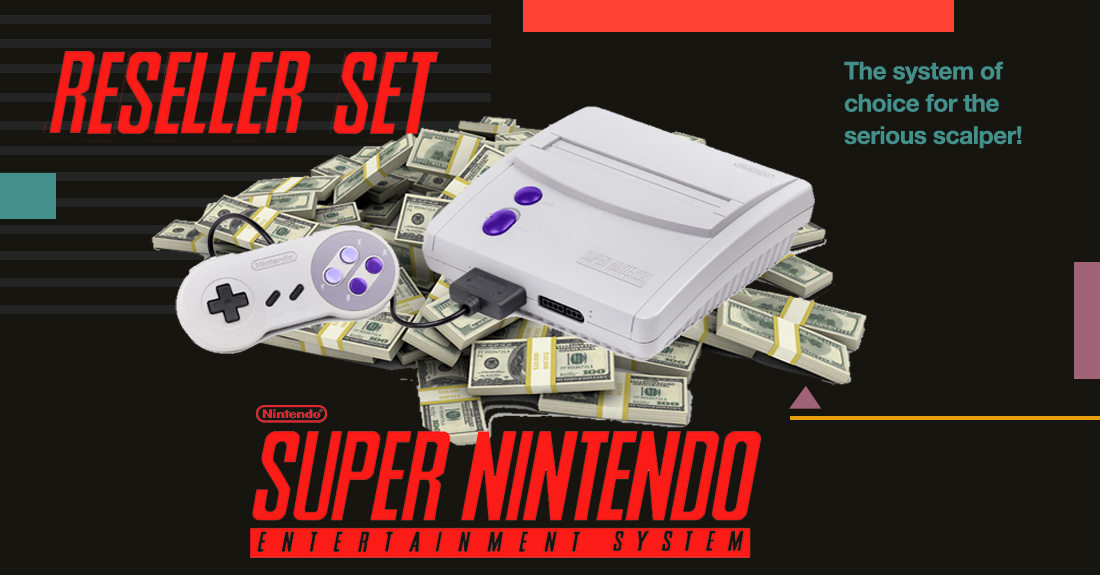I can make thise assumptions for a couple of reasons, Nintendo is publicly traded in Japan and is thusly subject to using international accounting standards and methods and reporting requirements. That at the least means they use these methods to get costing and do analysis. It doesn't mena they make the right decisions alm the time, and it definitely doesn't mean their marketing teams don't

up.
However sourcing a book written about what happened 30 years ago, that only tangentially sources one side of the arguement, and generally pertains to people who no longer work at that company with decision making power is much less grounded in fact.
To people on the outside esoteric decisions based on financial analysis can look dumb and weird. Nintendo has proven one thing over decades if nothing else and that is a slavish adherence to strict and sound financial decisions. You can see that through their earnings reports and investors meetings. They are a conservative Japanese company which means they do shit a lot stricter than a lot of companies in the west. It also mean a lot of their decisions are going to seem wrong headed to us, but to th it keeps them fiscally secure.
I am not saying you are wrong to question them or wonder what the hell they are thinking. Nintnedo drives me crazy as a fan of a lot of their games, but I am trying to say don't assign stupidity or malice to a decision that usually driven by a hardline fiscally conservative decision makig process.
Also, I am glad we could pull the discussion back from
Being antagonistic, not trying to point fingers at anyone directly, but it is far too common and easy to blame them for being dumb and it happens too much on the internet. I usually ignore but if I can give some insight I will.
Its hard to not come off as an ass on the internet when you're explaining difficult shit since you can't get tone and context from my face and voice.
you. If the eBay price is too high for you, then you probably shouldn't be spending $59.99 on a collectible either and/or find a way to make more income.

